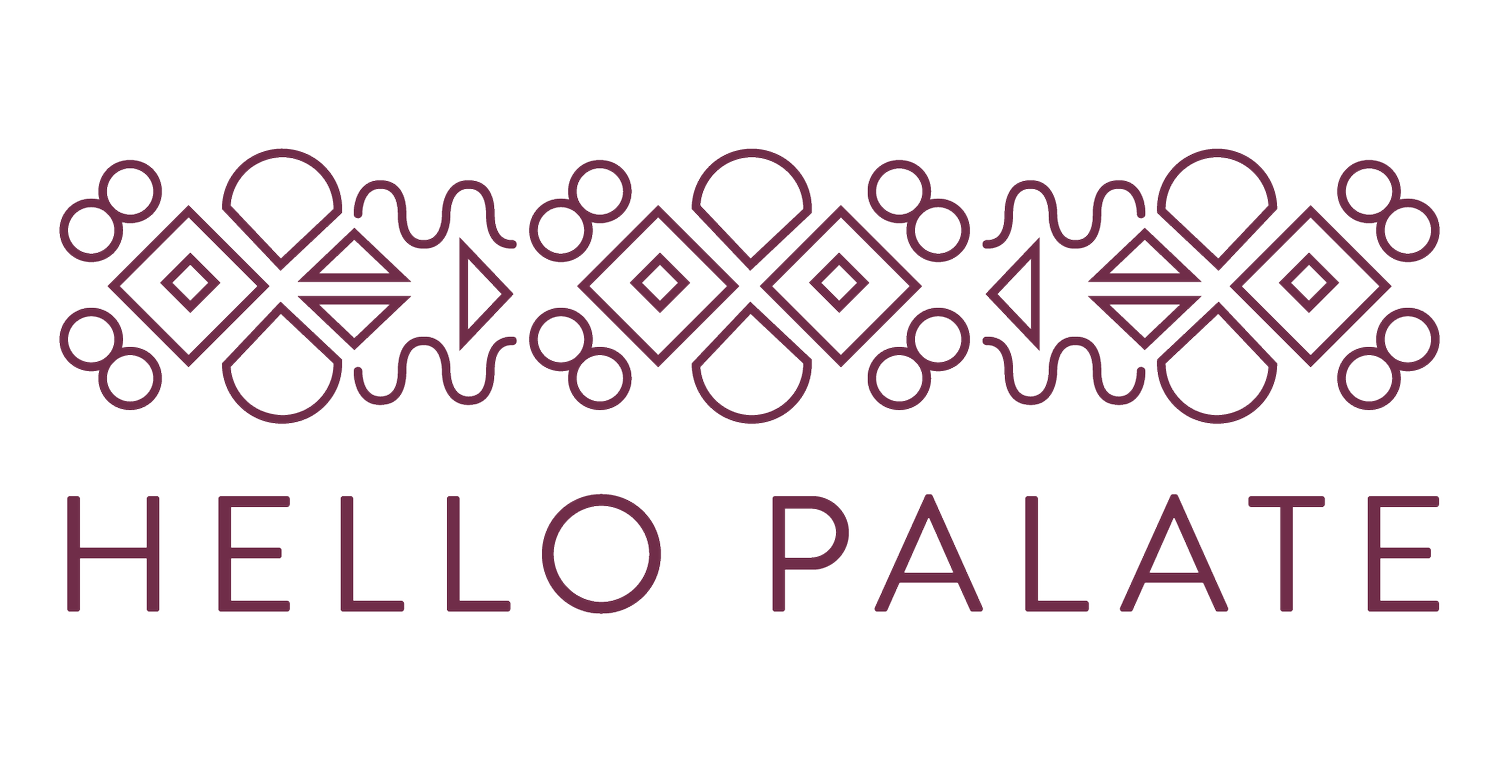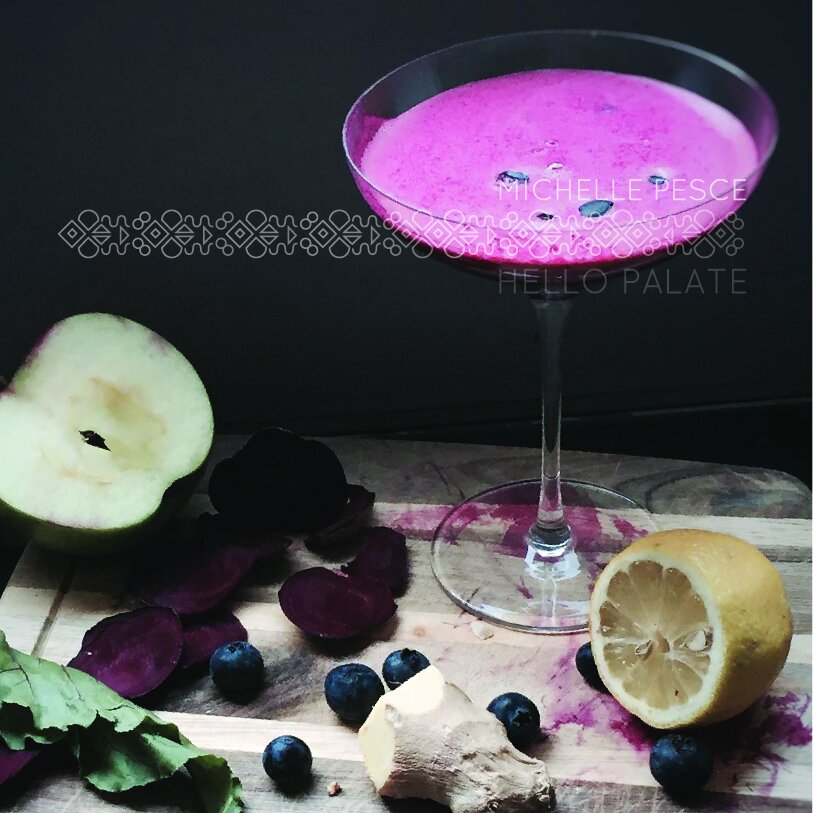4,000 Beats per Hour
Isn’t it miraculous that our human heart beats 4,000 times per minute without thinking about it? For centuries, we have sung love songs to understand our heart’s desire, and pressing the heart emoji on social media symbolizes our approval of other people’s hearts. And, sometimes, our heart skips a beat; without care and mindfulness, it can easily be broken.
Our hearts are essential to our survival. They are part of our circulatory system, and most know it is responsible for pumping oxygen-rich blood throughout our body, but how much do we know about our heart?
A human heart beats an average of 115,000 times per day, 4,000 beats per hour. Whether hiking, in the shower, sleeping, sitting, or dancing, our heart continues to beat. The human heart will beat over 2.5 billion times in an average lifespan before its last rhythmic beat. It is an autonomic function we can easily take for granted and forget its life source.
Our hearts need our attention. We think heart health is all about its functionality, but broken heart syndrome, aka stress-induced cardiomyopathy, is real and can strike at any age, whether you are 22 or 82. Our hearts risk damage from a variety of stress-related triggers other than just processed foods. Intense emotional stress, isolation from Covid -19, and grief can surge stress hormones and impact the health of our hearts if we are under constant pressure – whether physical or emotional – this adds to our allostatic load and the tremendous burden on our hearts.
Nitric Oxides and Heart Health
A group of scientists won the 1998 Nobel Prize in Medicine for discovering nitric oxide's role in signaling our blood vessels to relax and expand. Open blood vessels keep the arteries supple and enhance oxygen efficiency and delivery. That improves blood circulation throughout our body, including to the heart, brain, and muscles. It’s the reason that doctors prescribe nitroglycerine (which converts to nitric oxide and opens the arteries) for angina (chest pain) or a heart attack.
Nitric Oxide Improves:
Blood flow to the heart, brain, and muscles
Endothelial function
Blood pressure
Circulation
Vascular health
Glucose metabolism
Athletic performance
Nitric Oxide Decreases:
Inflammation
Oxidative stress
Nitric oxide is made naturally within our bodies by the endothelium or the lining of blood vessels and the heart. Using the saliva in our mouth and microbes in our gut our bodies convert nitrates into nitric oxide. But nitric oxide levels can get depleted quickly and need to be replenished. Endothelial cells don’t function as well without adequate levels of nitric oxide, which leaves us feeling tired and exhausted. Low nitric oxide levels can also lead to atherosclerosis, hypertension, stroke, inflammation, and insulin resistance.
Nitrate Rich Foods
Beets are rich in dietary nitrates, which your body can convert to nitric oxide. You can also enjoy cocoa, and leafy greens, such as arugula, spinach, chervil, and cress lettuce, into your diet to promote continuous nitric oxide production.
HEART CENTERED recipes, click here!
.
Movement
The heart is a muscular organ made up of cardiac muscle that contracts to pump blood throughout our body. A muscle needs flexibility, so our heart needs exercise to remain flexible and viable. If not, the heart muscle can atrophy and begin to lose function.
Electrolyte Heart in Balance
Our hearts love minerals. Think about how minerals support electrical conductivity. The heart’s pumping action is regulated by an electrical conduction system that coordinates the contraction of the various chambers of the heart. It is the only muscle in the body that generates its electrical impulses. We must be aware of the fragile balance of the associated minerals supporting this system. Electrolytes sodium, potassium, magnesium, and calcium are involved in heart contraction and relaxation. Calcium out of proportion with Vitamin K can create calcification in soft tissues such as heart valves and arteries, turning them brittle and stiff, or imbalances in potassium and sodium can interrupt electrical signaling and disrupt blood flow.
In functional medicine and advanced lipid testing, size does matter, as does cholesterol type and particle numbers. What does it mean to have elevated cholesterol? Is it outdated to think of it as just one number? These important predictive biomarkers can be valuable information on our wellness path.
Supporting heart health with targeted nutrition and conservative management is possible. Hello Palate understands this approach to functional fitness and we help clients to practice this every day.
How can we sing a love song to our hearts and live more heart-healthy, centered lives? Get to know your beating heart up close and personal.
Become knowledgeable about your heart function. What are your current stats? Is your heart broken, and you don’t even know it? Understand your predictive biomarkers and your mineral balance. When we identify and support these imbalances sooner rather than later, we can get ahead of the curve instead of ending up with untimely surprises.
Treat your heart well. Send a love letter to it while listening to its rhythmic beats responding to your care. Let the beet go in vitality and good health.
For information about caring for your heart and other nutritional tidbits, reach out to learn more.
References:
https://www.ncbi.nlm.nih.gov/pmc/articles/PMC3721819/<
https://www.ncbi.nlm.nih.gov/pmc/articles/PMC3721819/
https://pubmed.ncbi.nlm.nih.gov/25068792/
https://pubmed.ncbi.nlm.nih.gov/24791915/
https://nutritionj.biomedcentral.com/articles/10.1186/1475-2891-11-106
https://www.ahajournals.org/doi/pdf/10.1161/hypertensionaha.107.103523
*Disclaimer: The information contained in this presentation is not intended as a substitute for professional medical advice, diagnosis or treatment. It is provided for educational purposes only. You assume full responsibility for how you choose to use this information.


